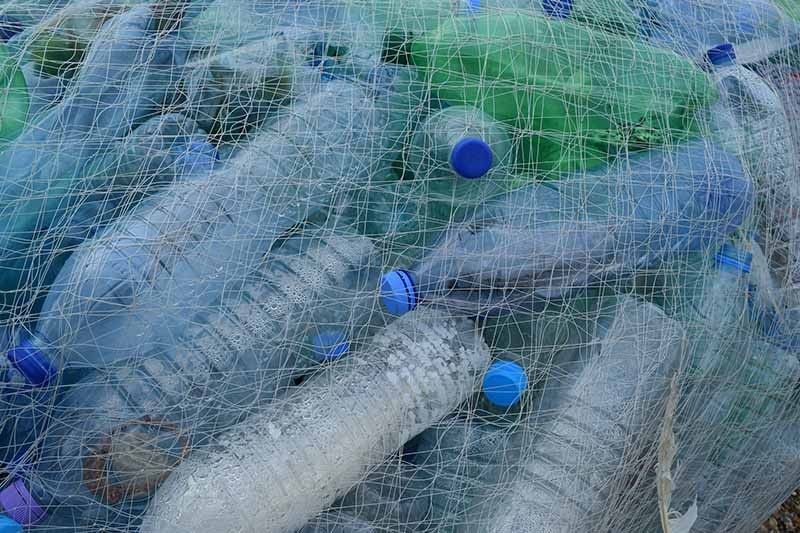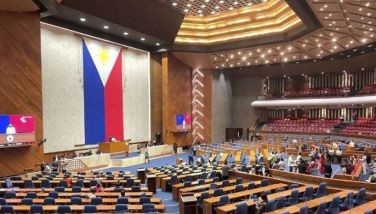Ditch harmful single-use products and systems, green groups urge

MANILA, Philippines — Nearly 200 environmental groups called for an end to single-use paper and plastic products and a change in the systems that support the production of disposables, saying these harm the environment.
In a position paper released ahead of the UN Environment Assembly, 188 organizations from around the world stressed that single use, disposable products have “negative environmental impacts that humanity and the earth’s resources can simply not afford.”
Citing the Sensonseo Global Waste Index 2019, the groups said single-use products are a key contributor to the two billion tons of waste that humans produce annually. The figure is projected to increase by 70% by 2050.
“Doing away with disposables will not only reduce waste but help address climate change, protect forests and stop microplastics from poisoning marine life,” said Tamara Stark, campaigns director of Canopy.
The groups also pointed out that the production and disposal of disposables are “disproportionately harming” indigenous communities, people of color and vulnerable sectors whose homes are often situated close to production plants or waste sites of extractive industries.
“Too often, it is the most vulnerable people in our society that bear the brunt of these polluting products—which contaminate local food supplies, clog landfills, and poison water and soil with toxic chemicals,” said Von Hernandez, global coordinator of Break Free From Plastic Movement.
Transformational change needed
Aside from ditching throwaway commodities, the organizations also said these single-use products should be replaced with circular systems that promote reuse and reduction.
“We therefore call for an end to single use, throwaway commodities, and call for transformational change to our production, consumption and end-of-use systems to enable a truly circular economy,” they said.
To achieve this, public and private funds must back the start-up and scale-up of systems that support reusable products and circularity and disincentivize the continuation of single use commodities. Governments, businesses and the civil society must also ensure that producers take responsibility for the impacts of their products and redesign and innovate better products.
“We need to see radical change in how products are delivered to people, without the use of harmful and polluting packaging,” Hernandez said.
In the Philippines, plastic soft drink straws and coffee stirrers have been recently included in the list of non-environmentally acceptable products (NEAP), which means these products may be banned soon.
Environmental groups welcomed the move that was “long overdue” but said it was not enough to solve the country’s plastic pollution problem.
Among the plastic items that must be included in the list of NEAP are labo bags, cutleries, bottles, cups and plates, take-out containers and styrofoam or polystyrene food containers, local groups said.
- Latest
- Trending



































